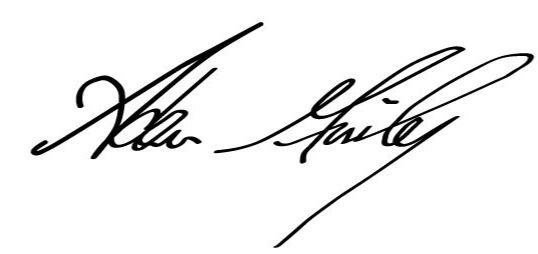
Tonight, the holiday of Shavuot begins, celebrating the receiving of the Torah at Mount Sinai. Around the world, Jews will gather for a night dedicated to Torah, learning, and spiritual discussion.
In his Shavuot sermon of 1965, American Rabbi Norman Lamm included a passage that could have been written today:
The survival of Jews and Judaism in this country has become a favourite topic of conversation. Lecturers speak about it and magazines write about it. Will the American Jews vanish, Heaven forbid?
He poses this question in the context of rising assimilation in the 1960s, rather than rising antisemitism in the 2020s. But his answer is as poignant as ever: the survival of Jewish identity depends on how we understand what it means to be Jewish and our relationship with the Almighty.
He goes on to cite how the Rabbi of Gur once shared a fascinating insight into the name of the holiday:
The name Shavuot stands for "weeks," because the holiday always falls seven weeks after Passover. But, by a slight change of one vowel, the Rabbi of Gur reads not "Shavuot," weeks, but "Shevuot," oaths. It is a festival when we recall an ancient shevuah, an ancient vow that made us the covenanted people that we are.
On Passover, we celebrate our freedom. On Shavuot, we declare that liberation from slavery is not freedom from responsibility. To the contrary, a holiday of immersing ourselves in Torah is the ultimate expression of how Jews are a purpose-driven people.
Shavuot reminds us that covenant and commitment are the foundation of continuity. As Rabbi Lamm notes, it’s poignant that we recite Yizkor—prayers in memory of deceased loved ones—every Shavuot:
On this day when we remember parents and grandparents, we realize that we have not been created new, but we are, rather, a link in a long and venerable chain. This chain is one that goes back to the beginnings of our people. Each link, each generation has the sacred function of transmitting to the next that shevuah, that holy vow, first taken by our great-grandparents at Mount Sinai.
In every generation, there will be commentators who ask: can Judaism survive?
And on every Shavuot, the Jewish people will have an answer.
Chag Shavuot Sameach,

Adam Minsky
President & CEO
UJA Federation of Greater Toronto
